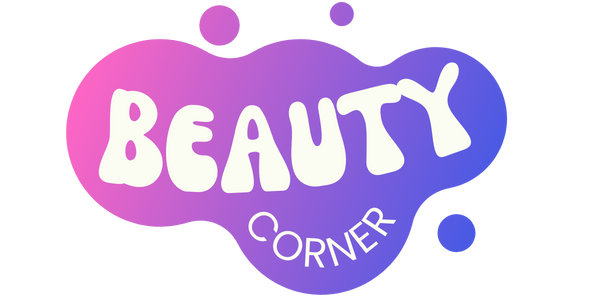The natural and organic beauty products market is experiencing a significant upsurge, with global sales projected to hit $14 billion this year, as unveiled by a comprehensive study from Ecovia Intelligence. This growth trajectory comes on the heels of a period of deceleration triggered by the Covid-19 pandemic and subsequent economic instabilities arising from geopolitical tensions.
Amarjit Sahota, the founder of Ecovia Intelligence, highlighted the firm’s persistent monitoring of the natural and organic personal care market dynamics since 2003, encompassing data collection on key players, market trends, and product insights. The research methodology involved a thorough trade audit involving consultations with prominent brands and distributors across Europe, North America, and Asia. The study delved into market growth patterns, sales channels, and competitive advancements, supplemented by secondary research from various sources like websites and trade publications.
Regionally, North America and Europe emerge as the powerhouses in this sector, jointly commanding over 80% of total sales. While the US leads the global market, with natural and organic products constituting a notable portion of overall cosmetic sales, the most rapid expansion is currently unfolding in Asia, spurred by a wave of innovative product launches. Noteworthy is the influx of new entrants globally, introducing unique offerings, alongside established brands augmenting their portfolios with natural and organic selections.
A significant transformation within the natural and organic cosmetics realm over the years has been the escalating significance of product certification. Certifications now underpin a substantial portion of sales in countries like Germany and France, with standards like COSMOS and NATRUE taking precedence, particularly in Europe. The report underscores France and Germany as leading in certified product adoption, while globally, certified products constitute around a quarter of all natural and organic cosmetic sales.
The distribution landscape has also undergone a metamorphosis, with an expanding network that extends beyond traditional outlets like natural food stores to encompass drugstores, pharmacies, department stores, and beauty retailers. Additionally, some brands are strategically targeting non-retail avenues such as hair and beauty salons. The shift towards online retail has been particularly pronounced, gaining traction as a vital sales channel, especially in the wake of the pandemic.
The competitive terrain has witnessed a seismic shift, with an influx of major multinational players like L’Oréal, Estée Lauder Companies, and Unilever, among others, either launching natural and organic lines under existing brands or acquiring dedicated natural/organic brands. Looking ahead, Ecovia Intelligence foresees continued market expansion, buoyed by heightened consumer awareness regarding synthetic chemicals in cosmetics and a growing preference for natural and organic alternatives as consumers become more discerning about ingredient safety and health implications.

Leave a Reply
You must be logged in to post a comment.